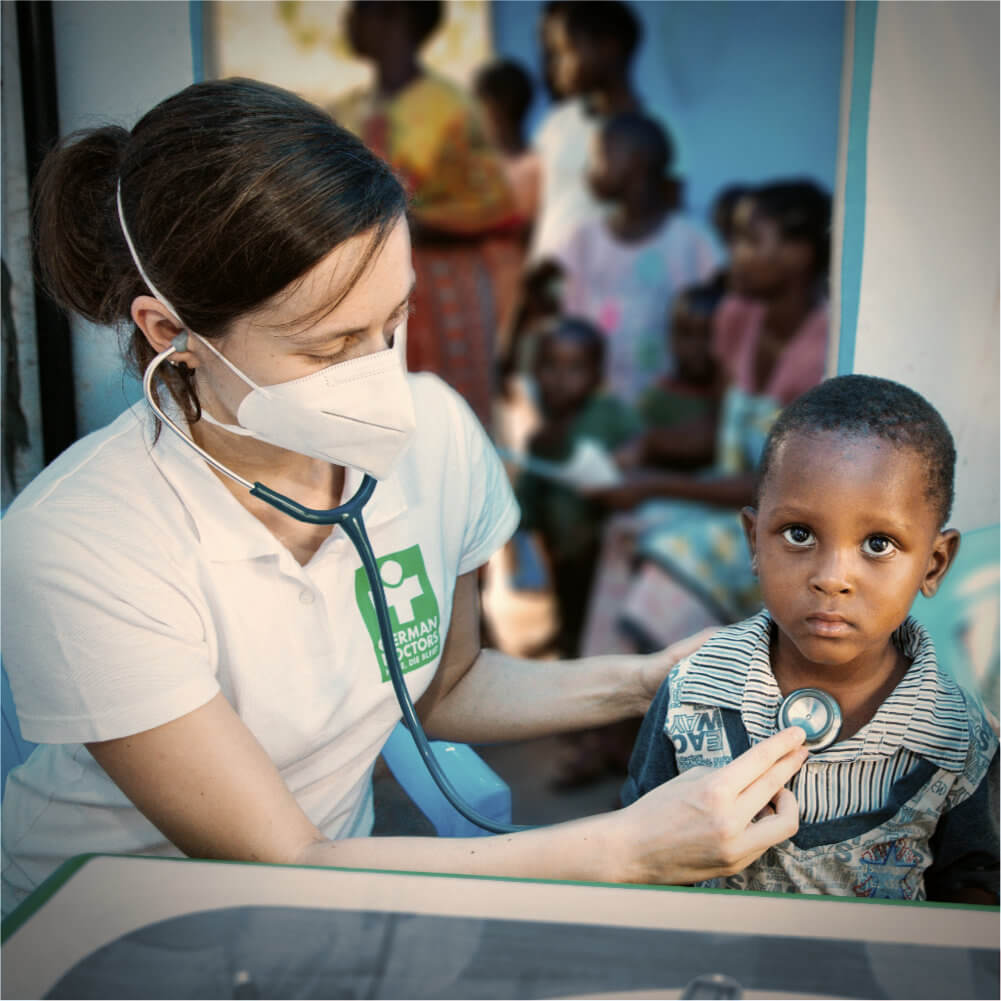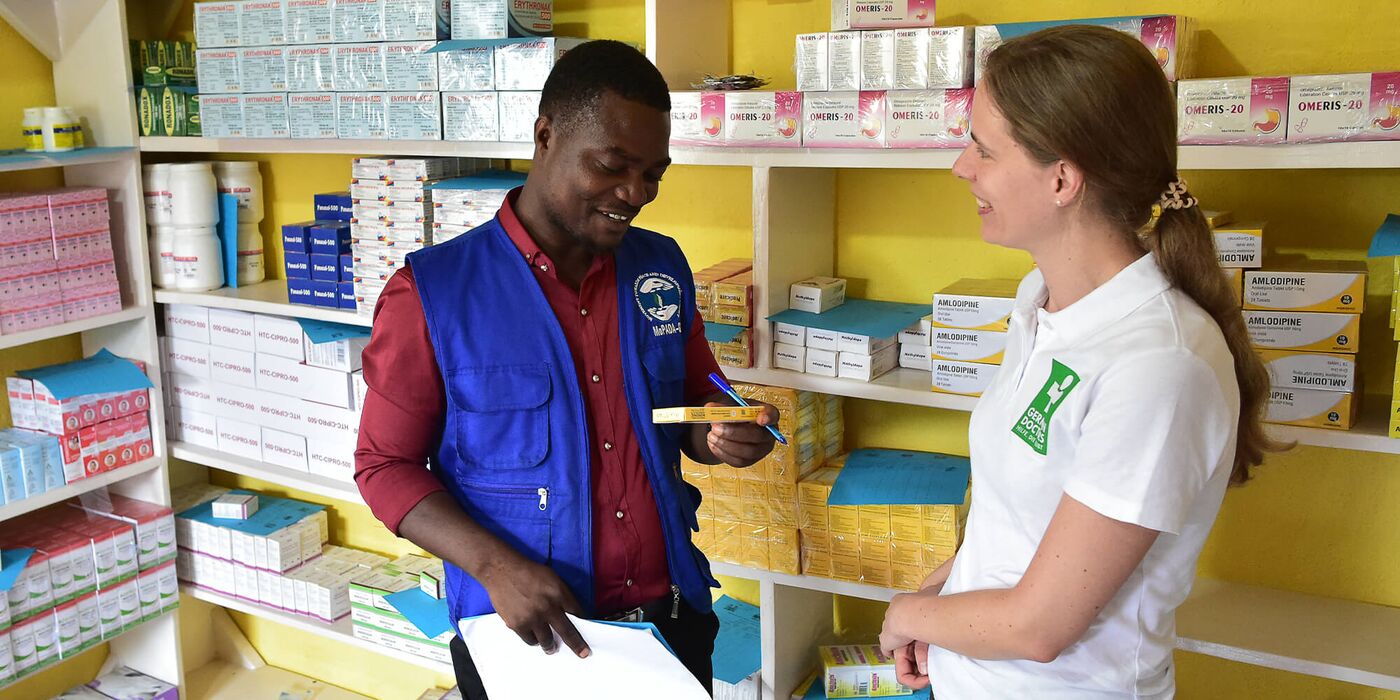Our Project in Kailahun
Overview
Kailahun is located in eastern Sierra Leone on the border to Liberia. It includes a total of 15 areas, which are known for their unique scenic beauty and cultural variety. The district also faces considerable challenges.
The local individuals were and still are confronted with numerous problems. The long civil war and the Ebola epidemic lasting from 2014 to 2016 caused many deaths and destroyed existing structures. The subsequent covid pandemic further weakened the battered land and led to even greater poverty and hunger. Added to all that is the extremely weak healthcare system and resulting alarming high maternal mortality rate. Despite considerable progress in reducing the maternal mortality rate over the past years, the country still has one of the highest maternal and infant mortality rates in the world. There exists an enormous need for medical support. There is a lack of trained doctors and other medical specialists.




How we help:
We initiated this project together with our local partner, Movement Towards Peace and Development Agency Sierra Leone (MoPADA-SL), to sustainably improve the inadequate healthcare provision and quality of life in this region. We expect to treat about 16,000 patients with the mobile clinic during the first year of the project. We focus on our target groups consisting of women of reproductive age, children, and youths. The entire population of the region also profits from our services.
Health education is being carried out in the villages together with the Community Health Workers (CHW). We also offer ongoing education for the locally available healthcare personnel to sustainably strengthen the local healthcare system. We specifically support local competencies from state healthcare personnel to voluntary Community Health Workers to sustainably improve healthcare provision in the region.
Kailahun is located in eastern Sierra Leone on the border to Liberia. It includes a total of 15 areas, which are known for their unique scenic beauty and cultural variety. The district also faces considerable challenges.
The local individuals were and still are confronted with numerous problems. The long civil war and the Ebola epidemic lasting from 2014 to 2016 caused many deaths and destroyed existing structures. The subsequent covid pandemic further weakened the battered land and led to even greater poverty and hunger. Added to all that is the extremely weak healthcare system and resulting alarming high maternal mortality rate. Despite considerable progress in reducing the maternal mortality rate over the past years, the country still has one of the highest maternal and infant mortality rates in the world. There exists an enormous need for medical support. There is a lack of trained doctors and other medical specialists.
How we help:
We initiated this project together with our local partner, Movement Towards Peace and Development Agency Sierra Leone (MoPADA-SL), to sustainably improve the inadequate healthcare provision and quality of life in this region. We expect to treat about 16,000 patients with the mobile clinic during the first year of the project. We focus on our target groups consisting of women of reproductive age, children, and youths. The entire population of the region also profits from our services.
Health education is being carried out in the villages together with the Community Health Workers (CHW). We also offer ongoing education for the locally available healthcare personnel to sustainably strengthen the local healthcare system. We specifically support local competencies from state healthcare personnel to voluntary Community Health Workers to sustainably improve healthcare provision in the region.
Data & Facts
Project start: January 1, 2024
Number of doctors: two doctors on site during 6-week missions
Partner: Movement towards Peace and Development Agency-Sierra Leone (MoPADA-SL)
Structure: The mobile clinic visits five chiefdoms in the district on five days a week, adding up to 1,000 mobile clinics treating about 16,000 patients during a project cycle (one year). We provide general physical examinations; pre- and postnatal care; treatment of respiratory-tract infections (RTI) and sexually-transmitted diseases; advice about reproductive and mother-and-child health, anemia, nourishment, and hygiene; and explanations about the importance of taking medication as prescribed.
Sites of medical missions: Kailahun district (in eastern Sierra Leone on the border to Liberia)





Project goals:
- Contribute to the improvement of the health and well-being of vulnerable individuals in the catchment area of the Kailahun district,
- Increase the use of the primary-healthcare services at the district level, and
- Improve the quality and availability of primary-healthcare services at the district level for all target groups.
Project activities:
- Provide basic medical care for the population,
- Provide health education (family planning, community participation),
- Provide ongoing training/education of healthcare workers: healthcare staff (who work in public healthcare units (PHUs), state employees), Community Health Workers (volunteers in the communities), and
- Strengthen healthcare facilities.
Target groups:
- Especially women of reproductive age (15-49 years),
- Children under five and youth, and
- The entire population in the project area.
Project start: January 1, 2024
Number of doctors: two doctors on site during 6-week missions
Partner: Movement towards Peace and Development Agency-Sierra Leone (MoPADA-SL)
Structure: The mobile clinic visits five chiefdoms in the district on five days a week, adding up to 1,000 mobile clinics treating about 16,000 patients during a project cycle (one year). We provide general physical examinations; pre- and postnatal care; treatment of respiratory-tract infections (RTI) and sexually-transmitted diseases; advice about reproductive and mother-and-child health, anemia, nourishment, and hygiene; and explanations about the importance of taking medication as prescribed.
Sites of medical missions: Kailahun district (in eastern Sierra Leone on the border to Liberia)
Project goals:
- Contribute to the improvement of the health and well-being of vulnerable individuals in the catchment area of the Kailahun district,
- Increase the use of the primary-healthcare services at the district level, and
- Improve the quality and availability of primary-healthcare services at the district level for all target groups.
Project activities:
- Provide basic medical care for the population,
- Provide health education (family planning, community participation),
- Provide ongoing training/education of healthcare workers: healthcare staff (who work in public healthcare units (PHUs), state employees), Community Health Workers (volunteers in the communities), and
- Strengthen healthcare facilities.
Target groups:
- Especially women of reproductive age (15-49 years),
- Children under five and youth, and
- The entire population in the project area.
Mobile Clinic
The Mobile Clinic strengthens the local healthcare infrastructure
We started our first tour with the mobile clinic in April 2024 to cover the urgent need for medical services in the Kailahun district. Our voluntary doctors drive to different public healthcare units (PHUs) on five days a week and support the work of local health workers there.
A total of 15 PHUs in five chiefdoms are visited in a rotation system. German Doctors treat the patients in close cooperation with the state healthcare staff in remote regions in the Kailahun district.






We provide general physical examinations, pre- and postnatal care, treatment of respiratory-tract infections (RTI) and sexually-transmitted diseases, advice about reproductive and mother- and-child health, anemia, nourishment, and hygiene, as well as explanations about the importance of taking medication as prescribed are carried out.
We also supply the most important medicaments due to the frequent shortages in the health centers.
The Mobile Clinic strengthens the local healthcare infrastructure
We started our first tour with the mobile clinic in April 2024 to cover the urgent need for medical services in the Kailahun district. Our voluntary doctors drive to different public healthcare units (PHUs) on five days a week and support the work of local health workers there.
A total of 15 PHUs in five chiefdoms are visited in a rotation system. German Doctors treat the patients in close cooperation with the state healthcare staff in remote regions in the Kailahun district.
We provide general physical examinations, pre- and postnatal care, treatment of respiratory-tract infections (RTI) and sexually-transmitted diseases, advice about reproductive and mother- and-child health, anemia, nourishment, and hygiene, as well as explanations about the importance of taking medication as prescribed are carried out.
We also supply the most important medicaments due to the frequent shortages in the health centers.
Further training
Focus on ongoing training and education
Ongoing education is offered to sustainably strengthen the competences of the local healthcare personnel (healthcare workers und Community Health Workers). Sessions are performed by the partner organization MoPADA-SL together with the District Health Management Team several times a year.
Educating the people in the communities about family planning, reproductive health, antenatal care, and nutrition is a further important part of our work on site. This should, among other things, reduce the infant-and-maternal death rates as well as the number of teenage pregnancies.
Our local partner, MoPADA-SL, actively integrates the local community in our work. During their joint home visits with the Community Health Workers, they inform the population about the activities of the German Doctors and the services which are offered during their missions.



We aim to identify potential patients at risk who require an immediate medical intervention. Door-to-door visits are carried out on a weekly basis to guarantee continued interaction with the communities.
Lasting help
The combination of ongoing training of healthcare personnel and community participation not only contributes to an improvement in healthcare provision on site. It also creates a sustainable basis to overcome health challenges and the long-term strengthening of the regional healthcare system.
Focus on ongoing training and education
Ongoing education is offered to sustainably strengthen the competences of the local healthcare personnel (healthcare workers und Community Health Workers). Sessions are performed by the partner organization MoPADA-SL together with the District Health Management Team several times a year.
Educating the people in the communities about family planning, reproductive health, antenatal care, and nutrition is a further important part of our work on site. This should, among other things, reduce the infant-and-maternal death rates as well as the number of teenage pregnancies.
Our local partner, MoPADA-SL, actively integrates the local community in our work. During their joint home visits with the Community Health Workers, they inform the population about the activities of the German Doctors and the services which are offered during their missions.
We aim to identify potential patients at risk who require an immediate medical intervention. Door-to-door visits are carried out on a weekly basis to guarantee continued interaction with the communities.
Lasting help
The combination of ongoing training of healthcare personnel and community participation not only contributes to an improvement in healthcare provision on site. It also creates a sustainable basis to overcome health challenges and the long-term strengthening of the regional healthcare system.
Living conditions
Combating the shadows of the past
Historic and geographic factors shape the inhabitants’ difficult living conditions in Kailahun, a district in eastern Sierra Leone in West Africa. The civil war (1991-2002) and the Ebola epidemic (2014-2016) severely affected the region and still affect the living conditions there.
Kailahun’s inhabitants live mainly from mining and growing coffee, cocoa, and rice, a hard battle against nature’s unpredictability, especially when droughts and other climatic challenges arise.
The corona pandemic and the worldwide consequences of the war in the Ukraine have left their traces here. Rising prices additionally complicate the nutritional situation. 58% of the population of Sierra Leone is undernourished.




Women and children are especially affected
Healthcare provision in this region is characterized by crises and is faced with particular challenges, like a high rate of infant and maternal mortality and endemic diseases, like yellow fever and malaria. There is a lack of qualified medical personnel, and the resources are not adequate to effectively combat the health problems.
The high number of teenage pregnancies is especially alarming. The lack of education and healthcare services present huge risks for young people. Early pregnancies are not only health risks, but also have an enormous influence on the future prospects of young women in Kailahun.
A majority of the population has only limited access to sanitary facilities. This considerably promotes the spread of fatal diseases.
Combating the shadows of the past
Historic and geographic factors shape the inhabitants’ difficult living conditions in Kailahun, a district in eastern Sierra Leone in West Africa. The civil war (1991-2002) and the Ebola epidemic (2014-2016) severely affected the region and still affect the living conditions there.
Kailahun’s inhabitants live mainly from mining and growing coffee, cocoa, and rice, a hard battle against nature’s unpredictability, especially when droughts and other climatic challenges arise.
The corona pandemic and the worldwide consequences of the war in the Ukraine have left their traces here. Rising prices additionally complicate the nutritional situation. 58% of the population of Sierra Leone is undernourished.
Women and children are especially affected
Healthcare provision in this region is characterized by crises and is faced with particular challenges, like a high rate of infant and maternal mortality and endemic diseases, like yellow fever and malaria. There is a lack of qualified medical personnel, and the resources are not adequate to effectively combat the health problems.
The high number of teenage pregnancies is especially alarming. The lack of education and healthcare services present huge risks for young people. Early pregnancies are not only health risks, but also have an enormous influence on the future prospects of young women in Kailahun.
A majority of the population has only limited access to sanitary facilities. This considerably promotes the spread of fatal diseases.
Background
Support available structures – create synergies
The local non-governmental organization (NGO), Movement towards Peace and Development Agency (MoPADA), has successfully implemented projects in development cooperation with European organizations in Sierra Leone since 2006 and is a cooperating partner of the German Doctors. In this function, MoPADA is responsible for implementing the new doctor project ‟WelBodiˮ in the Kailahun district.
‟The project was developed together with state healthcare institutions. This embedding in the existing healthcare system was particularly important to us to avoid setting up parallel structures and guarantee the smooth process, as well as acceptance by the inhabitants and thereby enable an improvement of sustainable medical care.ˮ explains Fanta Daboh, who, as country representative in Sierra Leone, serves as the interface to the German Dopctors e.V.

‟The project was developed together with state healthcare institutions. This embedding in the existing healthcare system was particularly important to us to avoid setting up parallel structures and guarantee the smooth process, as well as acceptance by the inhabitants and thereby enable an improvement of sustainable medical care.ˮ explains Fanta Daboh, who, as country representative in Sierra Leone, serves as the interface to the German Dopctors e.V.
Support available structures – create synergies
The local non-governmental organization (NGO), Movement towards Peace and Development Agency (MoPADA), has successfully implemented projects in development cooperation with European organizations in Sierra Leone since 2006 and is a cooperating partner of the German Doctors. In this function, MoPADA is responsible for implementing the new doctor project ‟WelBodiˮ in the Kailahun district.
‟The project was developed together with state healthcare institutions. This embedding in the existing healthcare system was particularly important to us to avoid setting up parallel structures and guarantee the smooth process, as well as acceptance by the inhabitants and thereby enable an improvement of sustainable medical care.ˮ explains Fanta Daboh, who, as country representative in Sierra Leone, serves as the interface to the German Dopctors e.V.
















